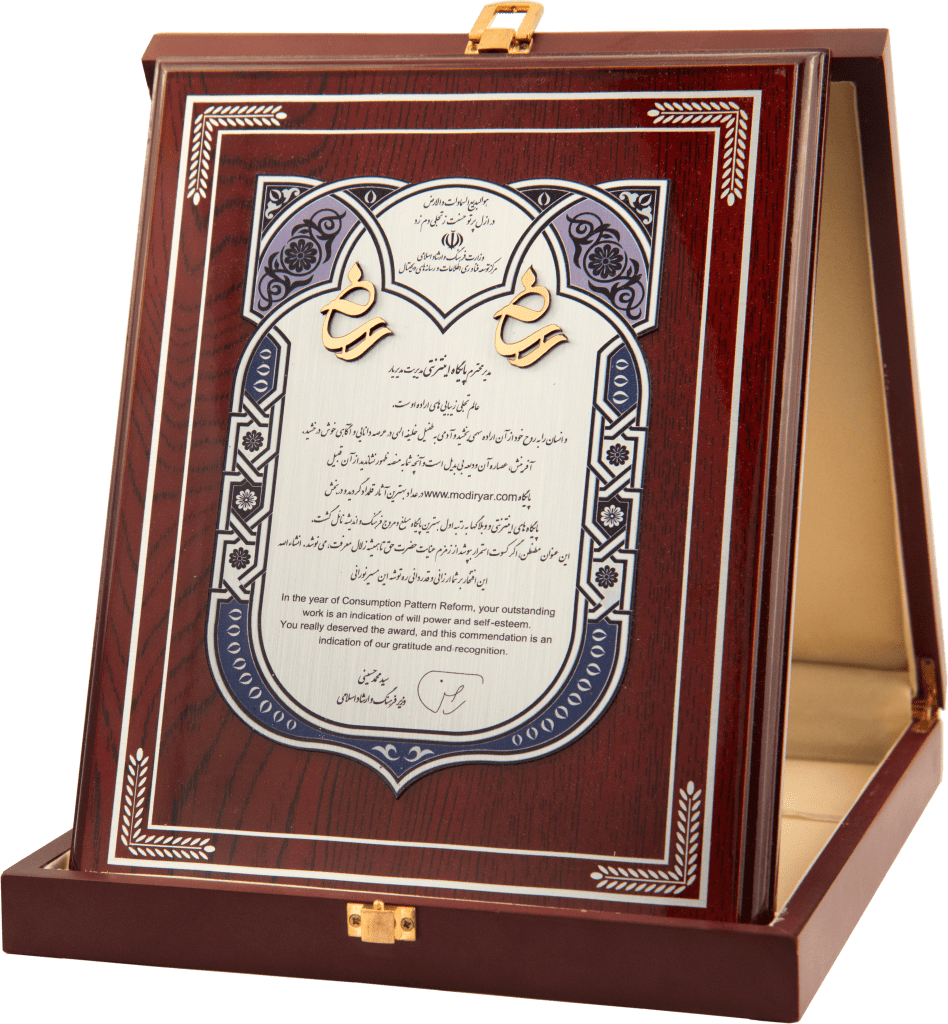آلفرد چاندلر
آلفرد چاندلر، نخستین مورخ عصر نوین است که هم، رشته تخصصی خودیعنی تاریخ کسب و کار را توسعه داد و هم اینکه برترین فرد این عرصه در مدت بیش از نیم قرن بود. نام چاندلر تداعی كننده رهبری است که در معروفترین اثرش، استراتژی را قبل از ساختار قرار داد. او نه تنها مهمترین فرد در زمینه مطالعه فعالیتهای بروکراتیک در سازمانها است بلکه کسی است که از تاریخ کسب و کار به عنوان یک ابزار قوی و کارآمد آموزشی استفاده کرده است.
Alfred Chandler
Alfred Chandler
This profile deals with business historian Alfred D Chandler (1918-2007).
For us Chandler’s writings (complementing those of economists Ronald Coase and Oliver Williamson) offer greater insights into the information economy, the evolution of the web and innovation than those of digital gurus such as Nicholas Negroponte, Kevin Kelly or Don Tapscott.
introduction
Chandler’s research centred on business organisation, ranging from legal structures such as the corporation to the use of electronic communications and information technology. He questioned much of the hype about the information society and the new economy, noting that any industrial economy is dependent on the systematic collection, storage and manipulation of information.
In The Visible Hand: The Managerial Revolution in American Business (Cambridge: Harvard Uni Press 1977) Chandler for example suggested that modern business emerged when administrative coordination did better than market mechanisms in enhancing productivity and lowering costs. A managerial hierarchy was a prerequisite for realising the advantages of coordinating multiple units within a single enterprise. The growing volume of economic activities that made administrative coordination more efficient than market
coordination.
In line with comments by Weber, Veblen and Merton, Chandler commented that an effective managerial hierarchy becomes its own source of permanence, power, and continued growth. Such hierarchies tend to become increasingly technical, professional and independent of ownership. Major enterprises grew to dominate branches and sectors of the economy, and so doing, altered their structure and that of the
economy as a whole.
In later works he suggested that the true revolution in information processing occurred during the fifty years from 1880 onwards, with the percentage of the workforce engaged in information-handling increasing from 6.5% to 24.5%. (As a point of reference 35% of the US workforce and 38% of the Australian in 1930 were employed in industry.) That is consistent with Coase‘s 1937 observation that changes like the telephone and telegraph which tend to reduce the cost of organising spatially will tend to increase the size of the firm.
For him the major information-processing innovations concern procedures rather than devices: standardisation, printed forms, consistent data collection and record-keeping. Adoption of IT was based on supersession of existing data-processing tools: punch-card tabulators, typewriters, adding machines.
Applications of his suggestions about communications include James Beninger’s Control Revolution: Technological & Economic Origins of the Information Society (Cambridge: Harvard Uni Press 1989), James McKenney’s Waves of Change: Business Evolution Through Information Technology (Boston: Harvard Business School Press 1995), Margaret Levenstein’s Accounting for Growth: Information Systems and the Creation of the Large Corporation (Stanford: Stanford Uni Press 1998), JoAnne Yates’ Control Through Communication: The Rise of System In American Management (Baltimore: Johns Hopkins Uni Press 1993) and Jeffrey Fear’s Organizing Control: August Thyssen and the Construction of German Corporate Management (Cambridge: Harvard Uni Press 2005.
The European Corporation: Strategy, Structure, and Social Science (Oxford: Oxford Uni Press 2002) by Richard Whittington & Michael Mayer is an insightful and often engaging exercise in rescuing Chandler from the Chandlerists. A social network analysis of arguments by Chandler and Oliver Williamson is provided in Robert Freeland’s The Struggle for Control of the Modern Corporation: Organizational Change at General Motors, 1924-1970 (Cambridge: Cambridge Uni Press 2001), complemented by Richard Langlois’ The Dynamics of Industrial Capitalism: Schumpeter, Chandler, and the New Economy (London: Routledge 2007). Dissent is evident in Naomi Lamoreaux’ The Great Merger Movement in American Business, 1895-1904 (Cambridge: Cambridge Uni Press 1985).
A perspective on application by managers and other theorists is provided by Henry Mintzberg’s Strategy Safari: A Guided Tour Through The Wilds of Strategic Management (New York: Simon & Schuster 1998), co-authored with Bruce Ahlstrand & Joseph Lampel.
life
Alfred duPont Chandler was born in Delaware in 1918, gaining a AB from Harvard in 1940 before spending five years in the US Navy, an AM in 1947 and a doctorate in 1952.
He was a research associate at the Massachusetts Institute of Technology during 1950 and 51, becoming an MIT professor in 1960. He was professor of history at Johns Hopkins University during 1963-71 and Director of the Center for Study of Recent American History, 1964 to 71.
Chandler became Straus Professor of Business History at Harvard Business School in 1971 (Emeritus from 1989). He was a visiting fellow at All Souls College, Oxford in 1975.
Official appointments included service as consultant to the US Naval War College in 1954 and chairing the Advisory History Committee of the US Atomic Energy Commission 1969 to 77. He was a member of the editorial team for the 11 volume Papers of Dwight David Eisenhower and four volume Letters of Theodore Roosevelt. Chandler was a Guggenheim Fellow for 1958-59.
biographies
As yet there has no major biographical study of Chandler or collection of his correspondence.
A helpful concise account is found in The Essential Alfred Chandler: Essays Toward a Historical Theory of Big Business (Boston: Harvard Business School Press 1988), edited by Thomas McCraw. The book includes a complete bibliography up to 1987.
writings
Chandler’s works include –
Leviathans: Multinational Corporations and the New Global History (Cambridge: Cambridge Uni Press 2005) coedited with Bruce Mazlish
Shaping the Industrial Century: The Remarkable Story of the Evolution of the Modern Chemical and Pharmaceutical Industries (Cambridge: Harvard Uni Press 2005)
Inventing the Electronic Century: The Epic Story of the Consumer Electronics & Computer Industries (New York: Free Press 2001)
A Nation Transformed By Information: How Information Has Shaped the United States From Colonial Times to the Present (New York: Oxford Uni Press 2000) coedited with James Cortada—incisive essays about publishing, telecommunications, management structures, productivity and economic growth
The Dynamic Firm – The Role of Technology, Strategy, Organization and Regions (New York: Oxford Uni Press 1998) coedited with Peter Hagström & Örjan Sölvell
Big Business & the Wealth of Nations (New York: Cambridge Uni Press 1997) coedited with Franco Amatori & Takashi Hikino—a collection of papers on corporate organisation, markets and government, notable for international comparisons and skepticism about dogma such as the Wiener thesis
Scale & Scope: The Dynamics of Industrial Capitalism (Cambridge: Harvard Uni Press 1994)—a continuation of Strategy & Structure, including UK and German enterprises
Managerial Hierarchies: Comparative Perspectives on the Rise of the Modern Industrial Enterprise (Cambridge: Harvard Uni Press 1980) coedited with Herman Daems
Managerial Innovation at General Motors (New York: Arno Press 1979)—editor
The Visible Hand: The Managerial Revolution in American Business (Cambridge: Harvard Uni Press 1977)—the landmark study of communications, management processes and institutional structures
Pierre S. Du Pont and The Making of the Modern Corporation (New York: Harper & Row 1971) with Stephen Salsbury—a deservedly influential study of corporate organisation and management styles
The Papers of Dwight David Eisenhower (Baltimore: Johns Hopkins Uni Press 1970-80) coedited with Stephen Ambrose, Louis Galambos and others—the 11 volume official edition of the papers of the US President
Railroads, the Nation’s First Big Business (New York: Columbia Uni Press 1965)
Strategy & Structure: Chapters in the History of the Industrial Enterprise (Cambridge: MIT Press 1962)
Henry Varnum Poor – Business Editor, Analyst & Reformer (Cambridge: Harvard Uni Press 1956)—the definitive biography of the early US business analyst, progenitor of Standard & Poor’s rating service
The Letters of Theodore Roosevelt (Cambridge: Harvard Uni Press 1951-54) coedited with Elting Morison & John Morton Blum—the four volume authorised edition of the
correspondence of the big game hunter, conservationist and President.
لطفاً نظرات و پیشنهادات خود را
با مدیریت سایت از طریق پست الکترونیکی؛
Email: mahdiyarahmadi@gmail.com
در میان گذارید.







